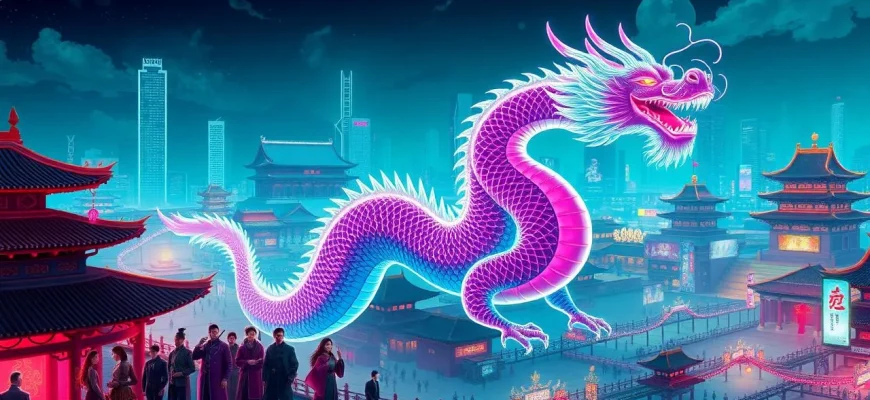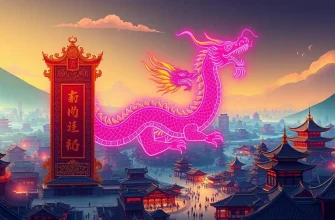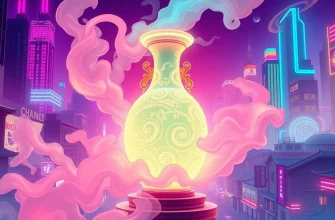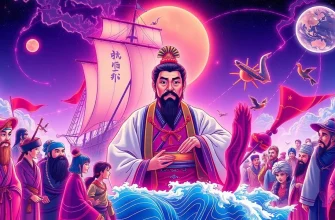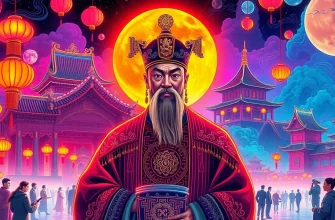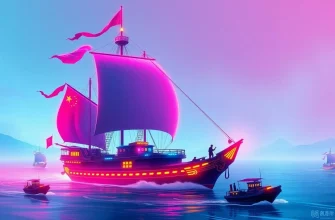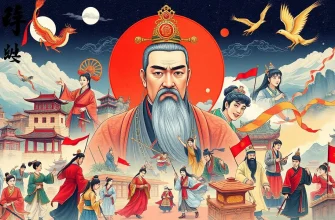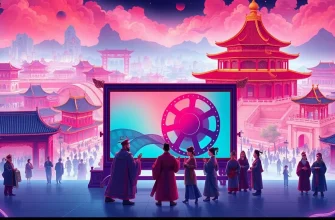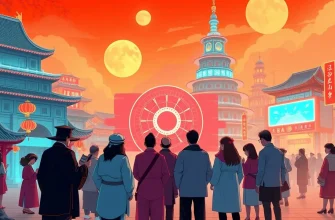Imperial China, with its dynasties, emperors, and cultural richness, has always been a treasure trove for filmmakers. This curated list of 10 films takes you on a journey through time, exploring the grandeur, the politics, and the human stories behind the imperial throne. Whether you're a history buff or simply love epic storytelling, these films provide a window into a world of intrigue, beauty, and power struggles, all brought to life with stunning visuals and compelling narratives.
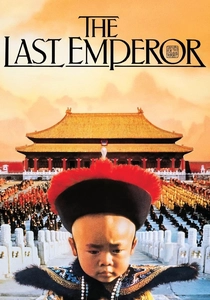
The Last Emperor (1987)
Description: This epic biographical drama chronicles the life of Puyi, the last Emperor of China, from his ascension to the throne at the age of three to his later years as a prisoner of the Communists. It's a poignant look at the end of an era and the personal cost of power.
Fact: The film was the first Western feature film ever allowed to be shot inside the Forbidden City in Beijing. It also won nine Academy Awards, including Best Picture.
 Watch Now
Watch Now
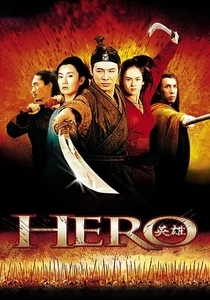
Hero (2002)
Description: While not strictly about an emperor, 'Hero' explores the themes of loyalty, sacrifice, and the unification of China under the Qin Dynasty. Its narrative structure and visual storytelling are unparalleled.
Fact: The film was shot in various locations across China, including the iconic Wudang Mountains, to capture the essence of ancient China.
 Watch Now
Watch Now
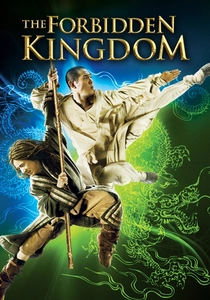
The Forbidden Kingdom (2008)
Description: While more of a fantasy, this film is set in ancient China and involves a quest to return the staff of the Monkey King to its rightful place, involving historical figures like the Jade Emperor.
Fact: It was the first film to feature both Jackie Chan and Jet Li together, making it a must-watch for martial arts fans.
 Watch Now
Watch Now
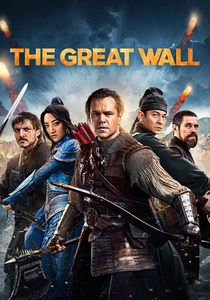
The Great Wall (2016)
Description: Although not strictly historical, this film uses the backdrop of the Song Dynasty to tell a tale of defense against mythical creatures, showcasing the grandeur of the Great Wall.
Fact: The film was a co-production between China and the United States, aiming to blend Hollywood action with Chinese historical elements.
 Watch Now
Watch Now
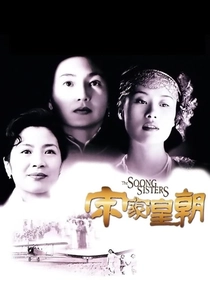
The Soong Sisters (1997)
Description: This biographical drama follows the lives of the three Soong sisters, who married into the most powerful families in China during the early 20th century, influencing the country's political landscape.
Fact: The film was a major production, featuring a star-studded cast and lavish sets to recreate the opulence of the era.
 30 Days Free
30 Days Free
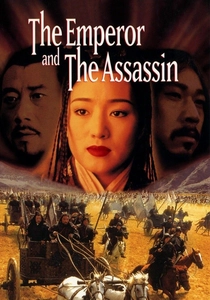
The Emperor and the Assassin (1998)
Description: This historical epic focuses on the relationship between the first Emperor of China, Qin Shi Huang, and his would-be assassin, Jing Ke. It's a tale of ambition, betrayal, and the quest for power.
Fact: The film was one of the most expensive Chinese films ever made at the time, with a budget of over $15 million.
 30 Days Free
30 Days Free
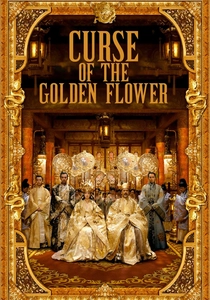
Curse of the Golden Flower (2006)
Description: Set during the Tang Dynasty, this visually stunning film delves into the complex web of family politics, betrayal, and forbidden love within the imperial palace. It's a feast for the eyes with its opulent sets and costumes.
Fact: The film's director, Zhang Yimou, is known for his visually spectacular films, and this one is no exception, with over 3000 costumes designed for the movie.
 30 Days Free
30 Days Free
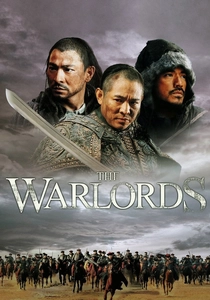
The Warlords (2007)
Description: Set during the late Qing Dynasty, this film tells the story of three sworn brothers who rise to power amidst the Taiping Rebellion. It's a gritty look at the struggle for survival and loyalty in turbulent times.
Fact: It was the most expensive film ever produced in Hong Kong at the time of its release.
 30 Days Free
30 Days Free

The Empress Dowager (1975)
Description: This film portrays the life of Empress Dowager Cixi, who ruled China behind the scenes for nearly half a century. It's a fascinating study of one of the most influential women in Chinese history.
Fact: The film was one of the first to portray Cixi in a more sympathetic light, diverging from the traditional view of her as a villain.
 30 Days Free
30 Days Free

The Emperor's Shadow (1996)
Description: Set during the Qin Dynasty, this film explores the relationship between the first Emperor of China and his musician, highlighting the clash between art and politics.
Fact: The film's title refers to the musician, who is metaphorically the shadow of the emperor, always in his service.
 30 Days Free
30 Days Free

